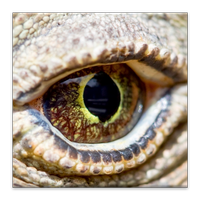The emergence of DeepSeek, a cost-effective AI model from China, has sparked significant controversy and market turbulence in the U.S. tech industry. The people behind ChatGPT have raised concerns that DeepSeek's models may have been developed using data from OpenAI, prompting a sharp reaction from former President Donald Trump, who described DeepSeek as a "wake-up call" for American technology companies. This statement came in the wake of a staggering $600 billion loss in Nvidia's market value, triggered by a 16.86% plunge in its stock price—the largest single-day drop in Wall Street history. Other tech giants, including Microsoft, Meta Platforms, and Google's parent company Alphabet, also saw their stock values decline, ranging from 2.1% to 4.2%, while AI server manufacturer Dell Technologies experienced an 8.7% drop.
DeepSeek's R1 model, which is built on the open-source DeepSeek-V3, claims to offer a significantly cheaper alternative to Western AI models, with a reported training cost of just $6 million. This claim, though disputed by some, has led investors to question the hefty investments U.S. tech firms are making in AI, contributing to widespread market uncertainty. The app's popularity surged, propelling it to the top of the U.S. free app download charts amid discussions about its effectiveness.
In response to these developments, Bloomberg reported that OpenAI and Microsoft are investigating whether DeepSeek utilized OpenAI's API to integrate its AI models into DeepSeek's offerings. OpenAI has acknowledged that Chinese companies and others frequently attempt to distill data from leading U.S. AI models, a practice that violates OpenAI's terms of service. OpenAI emphasized its commitment to protecting its intellectual property and is working closely with the U.S. government to safeguard its advanced models from adversarial and competitive threats.
David Sacks, the artificial intelligence czar under President Trump, told Fox News that there is substantial evidence suggesting DeepSeek used distillation to extract knowledge from OpenAI's models. He anticipates that leading AI companies will take steps to prevent such practices in the coming months.
Amidst these accusations, observers have noted the irony given that OpenAI itself has faced allegations of using copyrighted material from the internet to train ChatGPT. In January 2024, OpenAI admitted in a submission to the UK's House of Lords that it would be impossible to train leading AI models without copyrighted materials, arguing that limiting training data to public domain works would not meet modern needs. This stance has fueled ongoing debates within the tech industry, particularly as generative AI continues to grow. The controversy has led to legal action, such as the New York Times' lawsuit against OpenAI and Microsoft in December 2023 for the "unlawful use" of its work, and a September 2023 lawsuit by 17 authors, including George R. R. Martin, alleging "systematic theft on a mass scale." Additionally, a U.S. Copyright Office ruling upheld by District Judge Beryl Howell in August 2023 stated that AI-generated art cannot be copyrighted, reinforcing the importance of human creativity in copyright law.
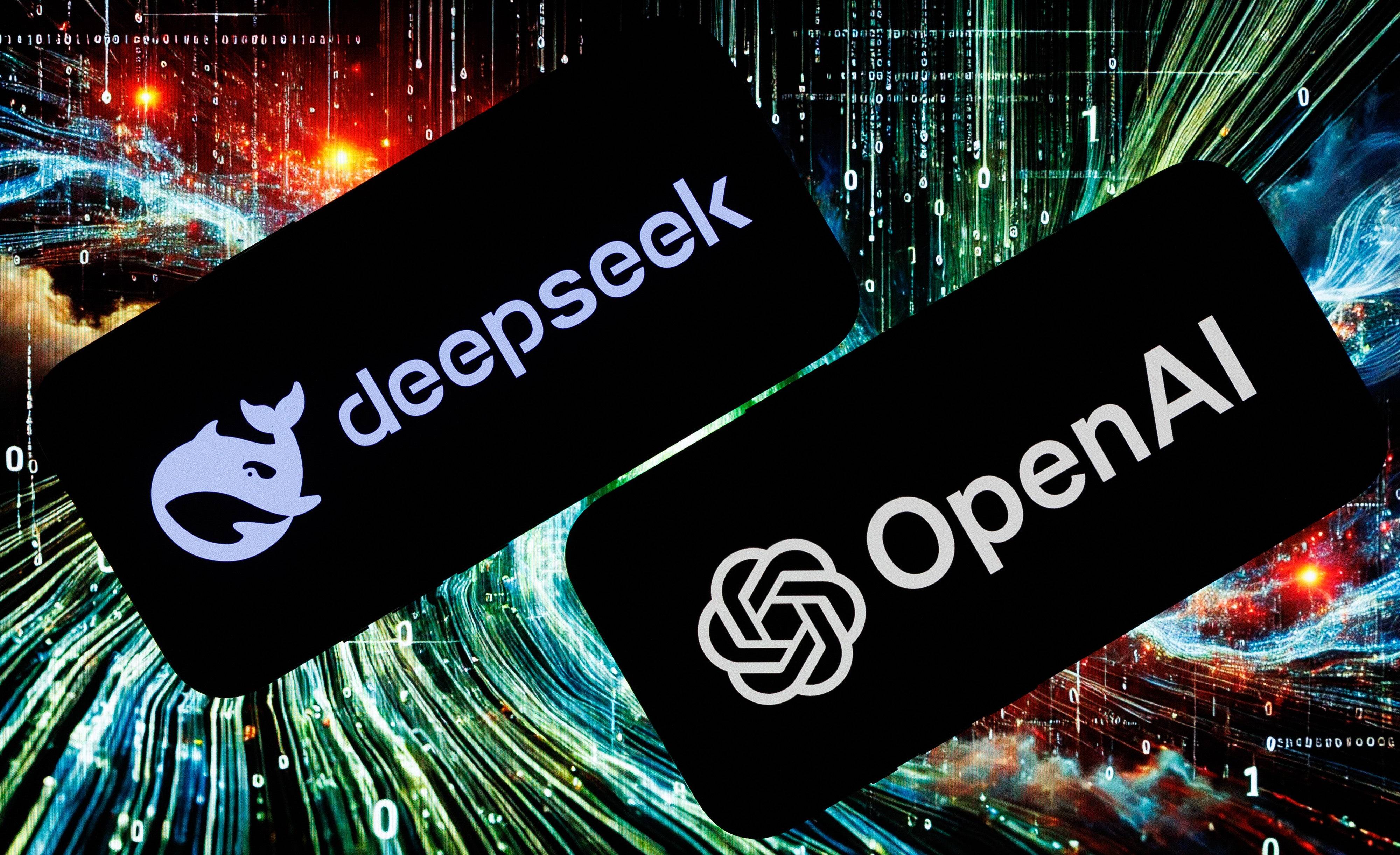
 Home
Home  Navigation
Navigation






 Latest Articles
Latest Articles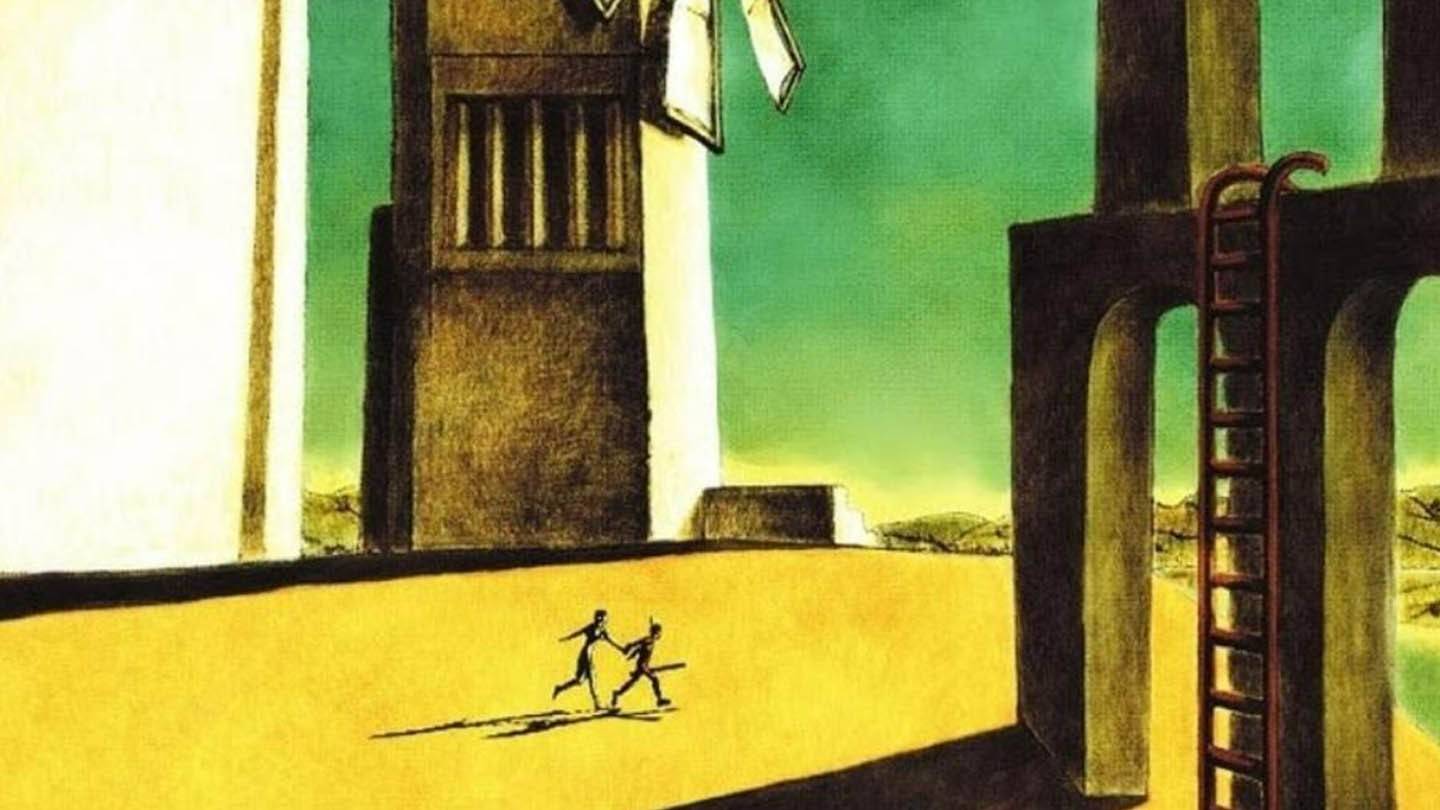
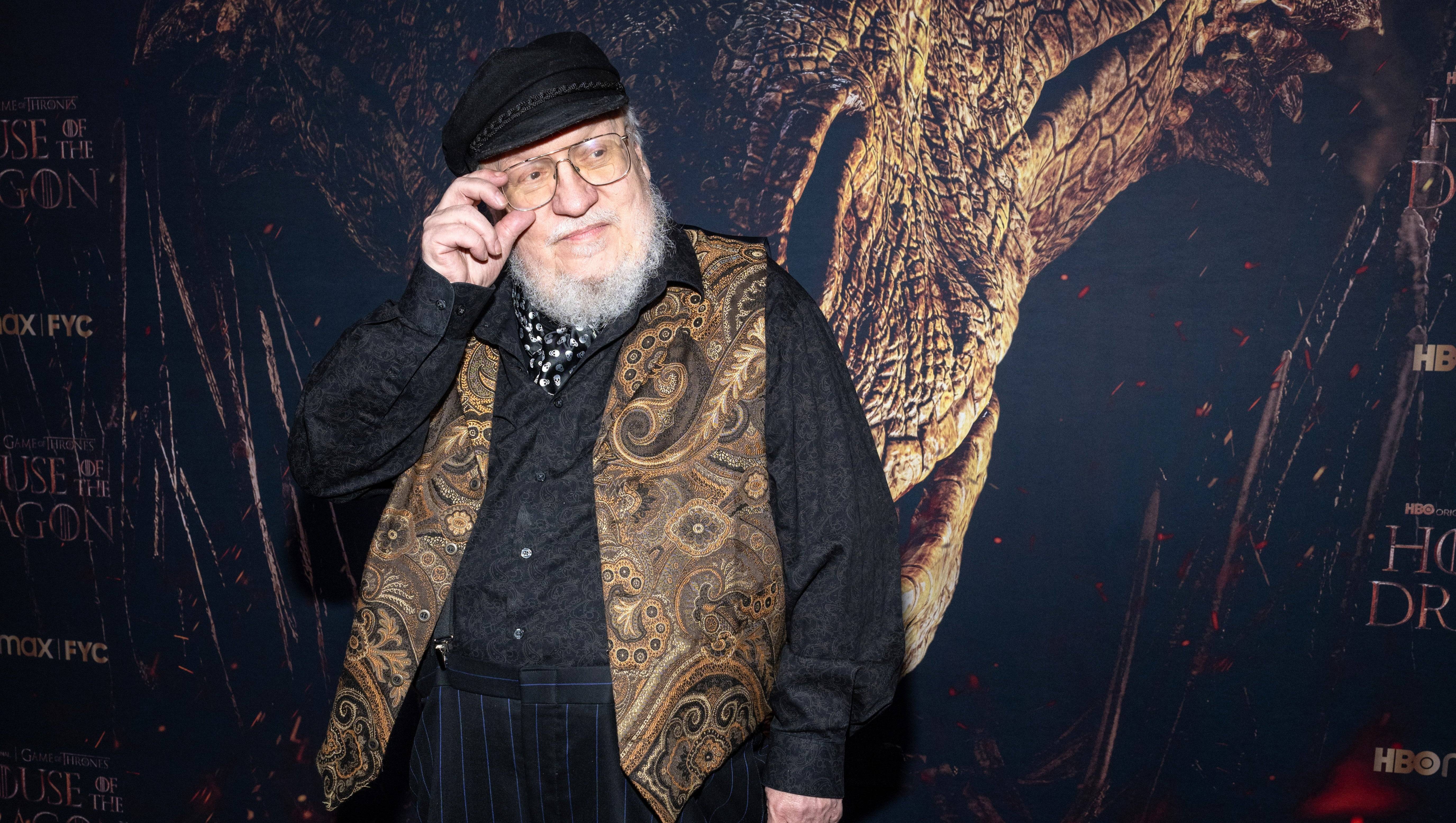



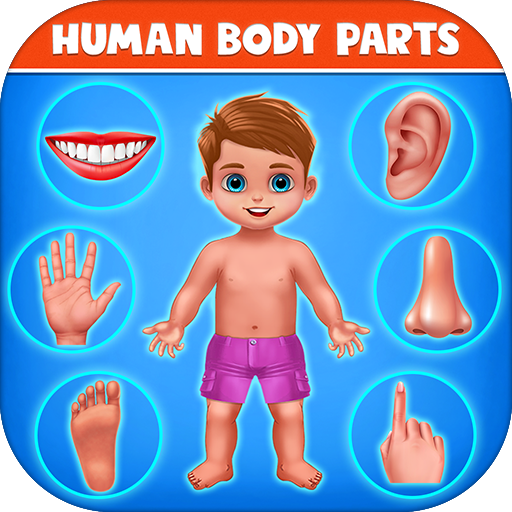




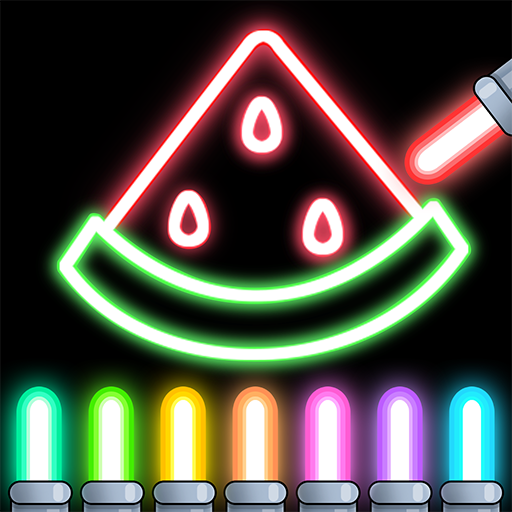
 Latest Games
Latest Games





